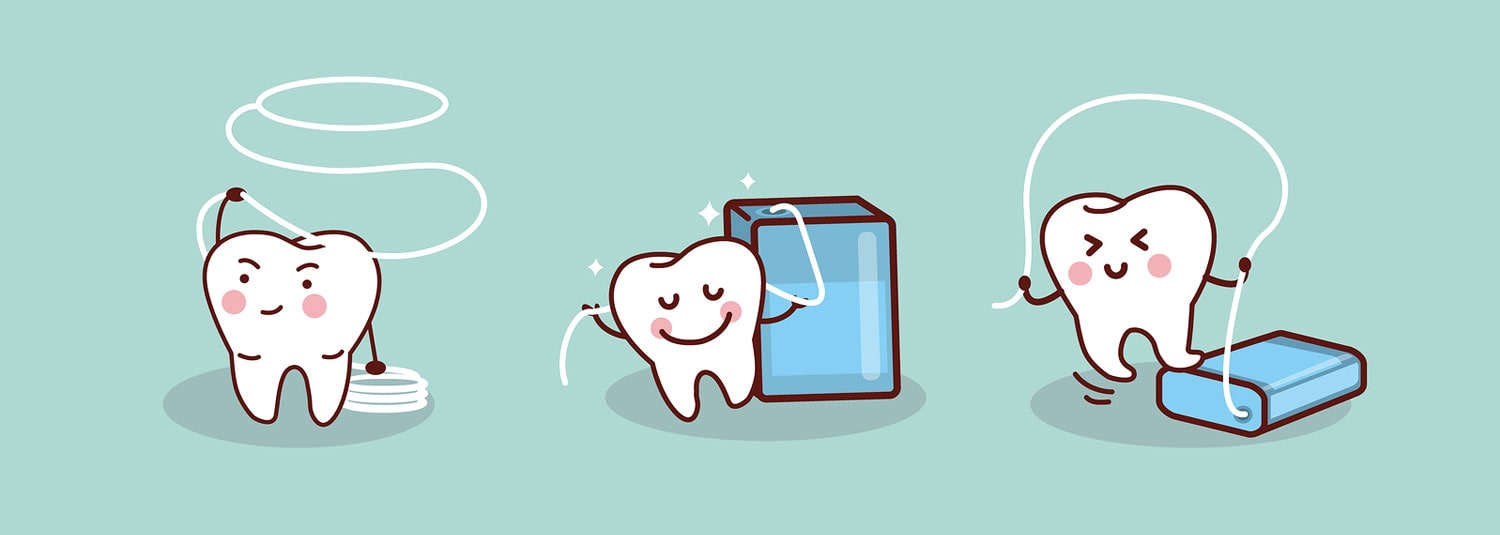
Few people would dispute the importance of taking care of their bodies as they age. With advancing age comes an increased likelihood of disease and chronic illnesses. What many people don’t consider, however, is the importance of taking care of their oral health as they age. In fact, oral health is a vital part of our body’s overall health. Poor oral hygiene has been linked to health concerns ranging from coronary artery disease to diabetes. Thus, developing an oral health care plan early on can help circumvent potential problems down the road.
Developing your plan
In order to develop the most effective oral health care plan for your needs, consider the following steps:
- Understand your unique needs. There’s no one-size-fits-all dental plan for everyone. The first step in developing your plan, then, is to have a thorough understanding of how your overall health impacts your oral health. For example, your dental health needs might change if you’re currently undergoing treatments for cancer. Likewise, if you’re pregnant or if you’ve recently been diagnosed with heart disease or diabetes, your oral health care plan will likely need an adjustment. Thus, it’s essential to have a discussion with your dentist about your current health, particularly if there have been any recent changes, including new medications or treatments. Once your dentist has the full picture of your overall health, he can help you develop an oral health care plan that’s best for your unique needs.
- Develop a daily routine. One of the most effective– and easiest– ways to take care of your oral health is to develop a daily routine and then make a conscious effort to stick to it. What should your daily routine include? For starters, brushing at least twice a day– in the morning and before bed at night. Flossing should also be a part of your daily routine. You might also include adding an antibacterial or fluoride mouth rinse into your routine. Antibacterial mouth washes work by reducing the harmful bacteria in your mouth that can lead to plaque build up and gum disease. Alternatively, fluoride mouth rinses help prevent tooth decay.
- Be mindful of your diet. It’s no secret that a healthy diet is an essential part of a healthy lifestyle. It should come as no surprise, then, that what you eat also impacts your oral health. Most foods are fine in moderation. But you should avoid a diet that’s heavy in sugar and starches; these types of foods are known to contribute to the decay process. If you have an
- Nix bad habits. The best oral health care plans include a commitment to nixing habits that are detrimental to dental health. Topping the list of habits that are harmful to oral health is cigarette smoking. Besides increasing the risk of oral cancer, smoking can also lead to periodontal disease, bad breath, and tooth discoloration. Simply put: if you’re committed to your oral health, you must also be committed to living a cigarette-free life.
- Know your own mouth. It’s a simple but essential part of your oral health care plan: be familiar with your own mouth. Examine your mouth regularly– check your tongue, gums, lips, roof of the mouth, and teeth– and make note of any changes. What should you be looking for? Any spots, lesions, bumps, or cuts that weren’t previously there. Also, keep an eye out for chipped or discolored teeth. When you notice problems early on, you can seek treatment right away– thereby preventing more serious complications.
For more information about developing an oral health plan for yourself, contact us today. We will take your unique needs into consideration and devise a treatment plan that works best for you, whether that includes cosmetic dentistry, preventive dentistry, or both!